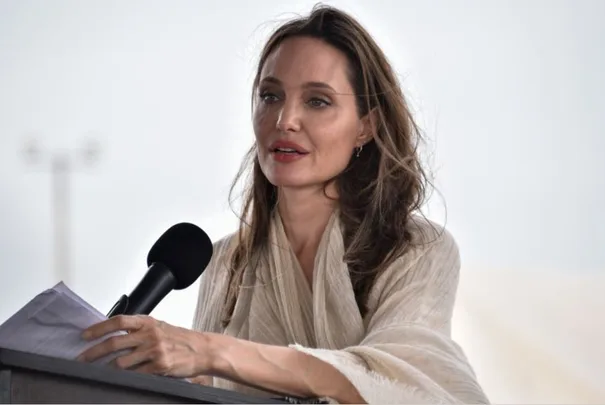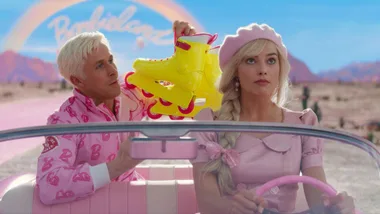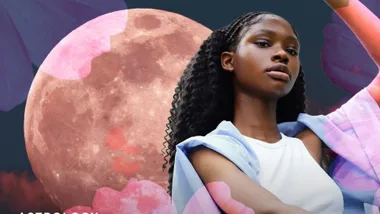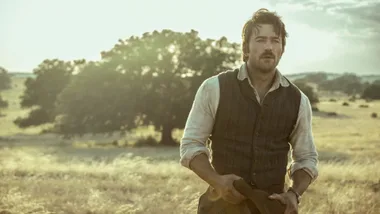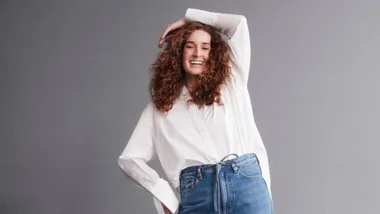Working as a Special Convoy for the United Nations, Angelina Jolie has long-been an advocate for gender equality, citing the vulnerability women disproportionately experience during times of crisis as having reached pandemic proportions.
According to the UN Woman, domestic violence statistics had reached an all-time-high even before the coronavirus forced everyone indoors, with 243 million women and girls reportedly abused by an intimate partner in the past year alone, with less than 40% of those women actually reporting their experiences or seeking help.
And now, as part of the UN’s 16 Days of Activism campaign—an initiative against gender-based violence around the world—the 45-year-old has offered some advice for those fearing abuse over the holiday season, a time known for spikes in domestic violence.
Speaking to Harper’s Bazaar U.K., the Oscar-winning actress urged women to find trusted allies. “Talk to someone,” she said. “Try to find allies. Be connected for emergencies. For example, you can agree on a code word with a friend or family member, which tells them if you are facing an emergency.”
She stressed the importance of forming connections with people outside of your immediate circle, “Begin to build a network and gain knowledge.”
But, notably, she acknowledged that despite one’s best efforts to reach out to those close to us, help may come from unexpected places. “It’s sad to say, but you can’t assume all friends and family will always want to believe and support you,” she began. “Often, it will be strangers who will help. Or other victims, support groups, or faith group,” she added.
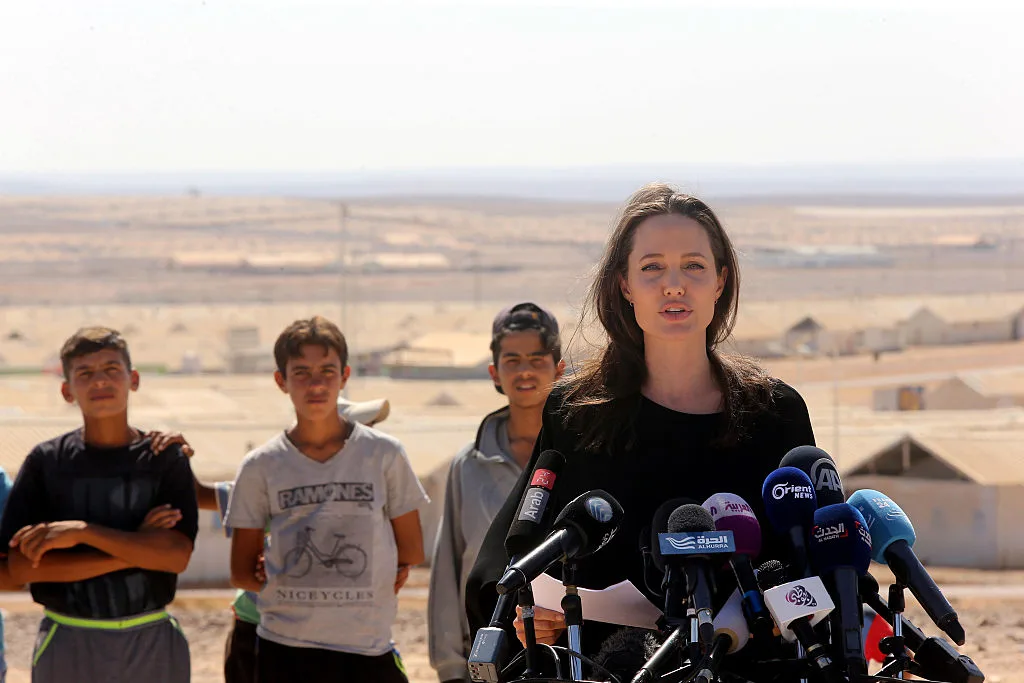
She affirmed that this didn’t necessarily mean that people in your life don’t care about what’s happening, but that abusers can be hidden in plain sight. “People often don’t want to see abuse, even when it is right in front of them, because it’s easier not to.”
Her advice for those who are approached by, or concerned for those potentially experiencing domestic violence, she advises to help, without being critical. “Don’t judge them. Try to understand the huge emotional, financial and legal pressures they are likely facing, including the pressure to stay silent about what has happened to them. And be aware that they may well be suffering trauma and PTSD.”
She importantly urged that the responsibility is on all of us to stay alert and heed the signs of abuse. “If it has even crossed your mind that someone you know might be vulnerable in this way, try to stay close and present in their lives. Make it clear that you are there for them,” she says, adding that educating ourselves is key, “Learn about domestic violence. Learn how trauma affects our health and can lead to biological changes, particularly in children. Take these issues seriously.”
Jolie’s final advice was to the women fearing for their safety. “Above all, be careful. Only you really know the danger you are in, and until you find your support outside, you may feel quite alone.”
If you or someone you know needs help contact the Australian Helpline 1800 RESPECT (1800 737 732).
